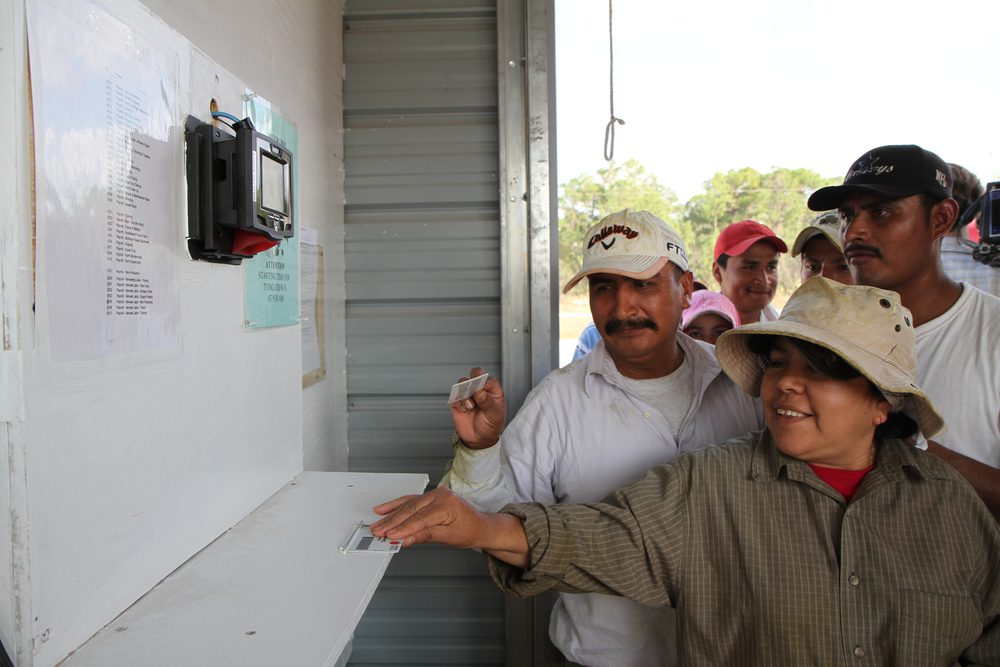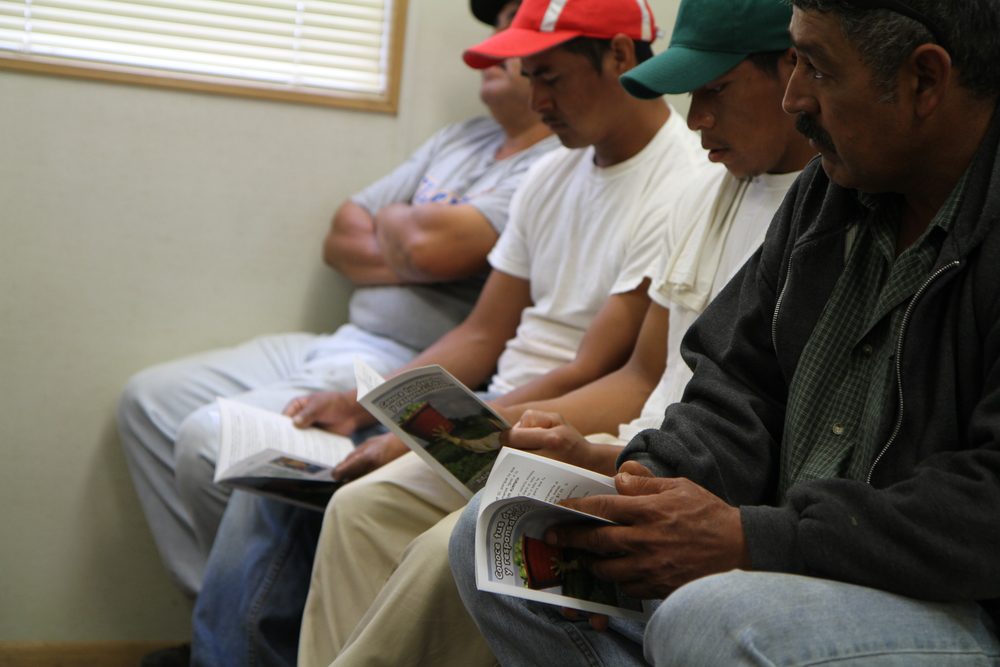Ending Everyday Forms of Exploitation in Our Fields Prevents Trafficking

Exploitation in our nation’s fields is rampant. Employers steal wages and impose extra fees (for transportation to and from the fields or for buckets and ladders necessary to work). Workers labor without protective gear from pesticides. Women routinely experience sexual harassment and assault. Workers without documentation are threatened with deportation if they complain. Those with work visas risk not getting them renewed if they blow the whistle. All this is everyday business in the agricultural sector in the United States. It is little surprise that in this environment of chronic exploitation and intimidation that more egregious abuse can unfold: trafficking into forced labor.
While conducting research for a book on trafficking in the United States, Life Interrupted, I met farmworkers who explained just how difficult it is to call out abuse. A farmworker-activist in California sums it up: “There is bad pay or no pay all the time. If you complain about the safety conditions or if your check is short, you get fired. So no one else complains.” When mushroom pickers in Oregon protested about the cleanliness of bathrooms, the foreman posted photos of ants being crushed under a boot. His message was clear. The consequences of reporting abuse even can be violent. A farm manager in California torched a Mexican couple’s car after they had contacted a migrants’ rights organization. He threatened deportation: “There are no witnesses. What are you going to do? I’ll report you.”
Although abuse is widespread, it is not inevitable. Trafficking into forced labor — and other forms of exploitation — are preventable. Farmworkers themselves are taking the lead in demanding fair and just worker conditions. Worker-to-worker, rights-based outreach, like campaigns conducted by Lideres Campesinas in California and the Coalition of Immokalee Workers in Florida, for example, informs workers of their rights, puts them in touch with legal resources, and lets them know they are not alone. The CIW’s path-breaking Fair Food Program is a workplace-monitoring program to which growers and large buyers (supermarket and restaurant chains) have signed on to guarantee worker protections. Such worker-driven programs can prevent trafficking before it happens. The CIW’s model program, however, has yet to be replicated throughout the country.

Despite all the attention to trafficking, workers in unprotected labor sectors like agriculture see little promise of relief ahead. Most exploitation is not exploitative enough to qualify workers for a trafficking visa (T visa). Providing protections for only the most extreme cases of migrant exploitation sidesteps the divisive politics of immigration reform and labor law. It also shields consumers from the shameful conditions in which their food is grown. Meanwhile, growers and buyers profit off of the sweat of vulnerable workers who live in grinding poverty. If we want to fight trafficking, we must put an end to all forms of exploitation — not just the most egregious instances. Empowering all farmworkers, redressing all abuses, and holding growers along the supply chain accountable can prevent trafficking before it happens.
Denise Brennan is Chair of the Department of Anthropology at Georgetown University and author of Life Interrupted: Trafficking into Forced Labor in the United States.
